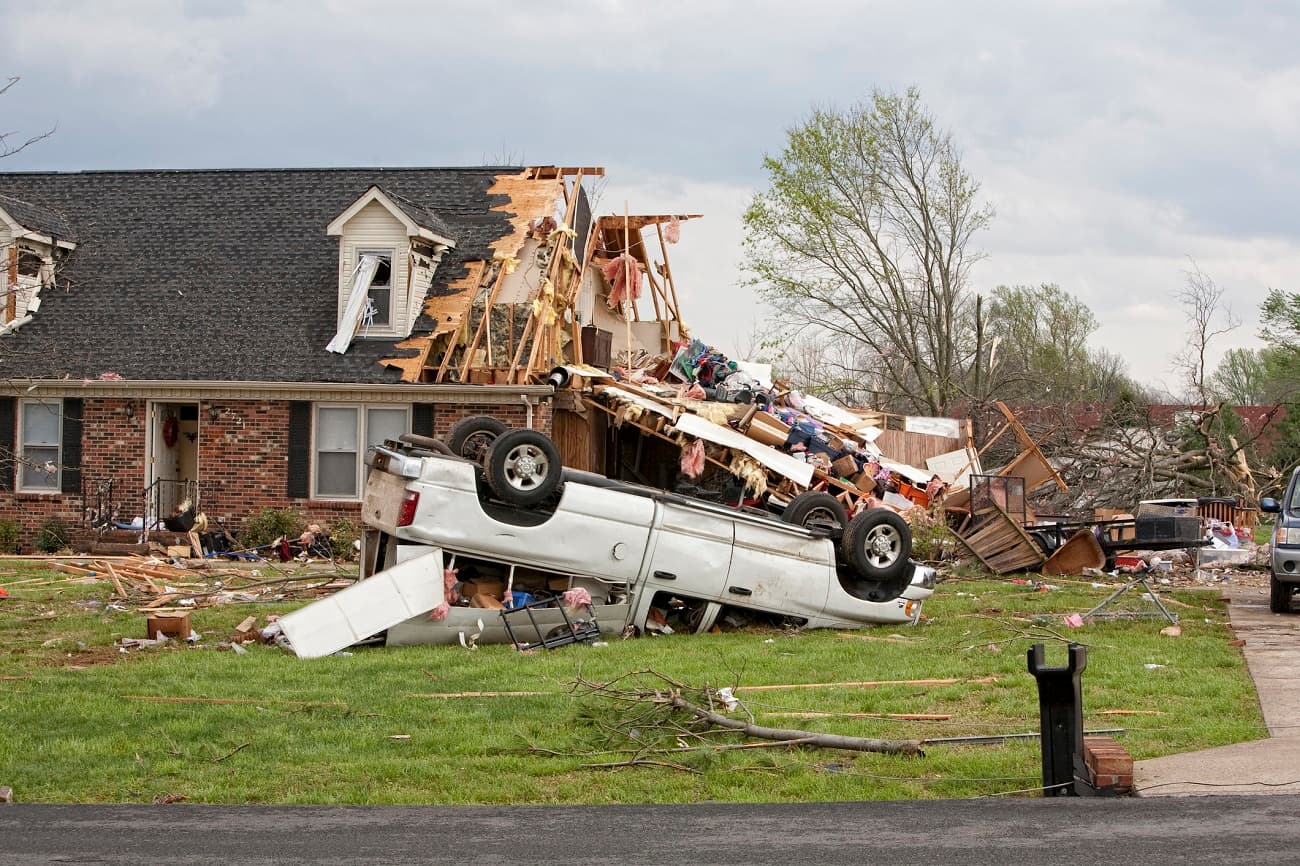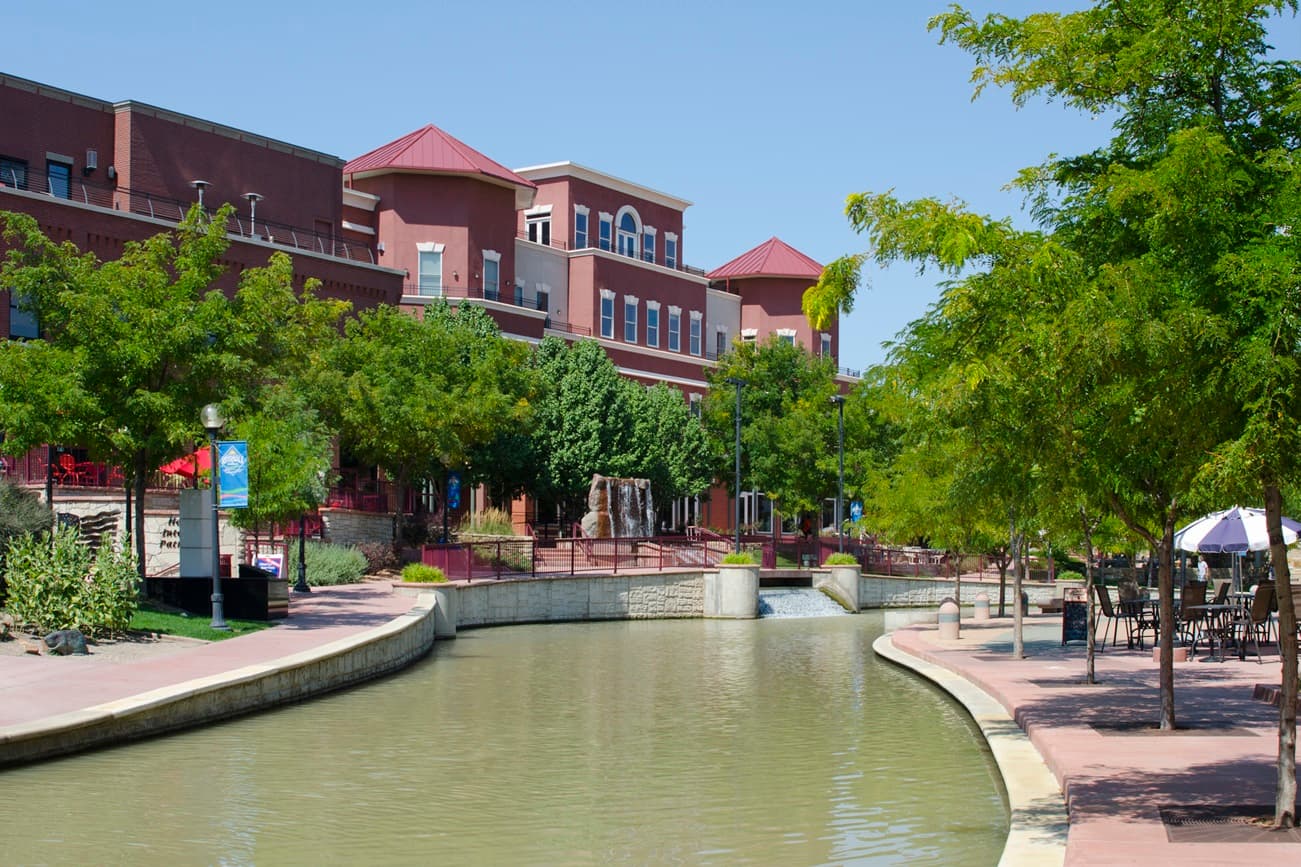Severe wildfires impacted several areas within Los Angeles County in Southern California. REALTORS® responded rapidly.
“After burning for 24 days, both fires were fully contained on Jan. 31, with over 37,000 acres burned and more than 16,000 structures destroyed. At least 29 people were killed in the two fires—17 in the Eaton Fire and 12 in the Palisades Fire, according to the Los Angeles County medical examiner,” ABC News reported.
The National Association of REALTORS® (NAR) and California Association of REALTORS® (CAR) were in action before all the flames were extinguished across 45 square miles of the densely populated area.
In late January, NAR’s REALTORS® Relief Foundation (RRF) made a $1-million grant available to the CAR to provide disaster relief support to families affected by the wildfires.
“Agents who are REALTORS® deeply understand that in times of crisis, we step up to help our communities remain resilient and united, even in the face of devastation like what we’re witnessing in Southern California,” RRF President Greg Hrabcak said in statement when the funds were granted. “This grant underscores RRF’s dedication to providing assistance during the critical weeks and months following a disaster, and we are committed to helping families stay in their communities and begin to rebuild their lives.”

Heather Ozur, president of the CAR and a REALTOR® at the RECollective in Palm Springs, Calif., said the NAR funds were granted to assist with housing relief or displacement for anyone whose home was destroyed or damaged by the fires. The $1,000-per-household grants — for mortgage relief, rental payments, or temporary housing, such as hotel stays due to displacement from their primary residence—were fully disbursed in a month’s time.
“With so many homes and businesses lost and a housing crisis that existed long before the fires, REALTORS® recognize the importance of reaching out and helping their communities to recover and rebuild,” CAR President Heather Ozur said when the funds were received. “As residents begin the long process of starting over, the REALTOR® community is glad to be able to provide some immediate support in their time of need.”
The CAR’s REALTOR® Member Grant Program also made $1 million available to REALTORS® and staff members. The grants within the REALTOR® family, available for up to $10,000 per household for disaster relief, were quickly exhausted in Los Angeles County.
Ozur said while CAR works to leverage more donations and government support, it also is working on several long-term issues. “We are working in the Sacramento Capital with legislators, the governor and the commissioner of insurance to help extend relief. We successfully got a price gouging moratorium extended to July,” she said of disaster-related protections against price hikes for hotels, motels and rental housing plus prohibitions on evictions of tenants to relist the rental at a higher rate.
Ozur said CAR continues to play a leadership role in working with local governments to fund relief and rebuilding.
“Wildfires are a huge concern nationally and in California. The question is how do we help with fire hardening in the future? We must find the best ways of mitigating against disaster for residential and commercial buildings,” she said, noting that property owners could benefit from government grants to pay for retrofitting against wildfires.
“The wildfires exacerbated an insurance crisis that we already had in California. We need to continue to work with state officials to help alleviate that and ensure that every family can insure their home,” Ozur said.
She explained that many families in working- and middle-class parts of Los Angeles County, such as Altadena, may not have enough of an insurance settlement to rebuild. The wildfires took away affordable housing in one of the highest housing cost areas in the nation.
“We need to build more affordable homes. Our lobbying team was just in Washington, D.C., to support the bipartisan More Homes on the Market Act (H.R. 1340) which would raise the capital gains tax exclusion on the sale of a primary residence,” she said, noting that more people would sell, increasing housing availability if they didn’t face high capital gains taxes. “Zoning needs to allow more homes. We need to revisit constraints that makes building so costly, so we can create more affordable and attainable housing.”

Ozur again praised the NAR for covering 100 percent of RRF’s administrative costs, so every dollar donated goes directly to disaster relief efforts.
“For more than 24 years, the RRF has been a lifeline for communities affected by disasters, providing housing-related assistance. Since 2001, the foundation has distributed more than $43 million in aid, helping more than 25,000 families nationwide,” according to an NAR statement released when $1 million was granted to California wildfire relief. “When a major disaster occurs, RRF mobilizes its outreach efforts and turns to NAR members and other constituents for support.”
Learn more about RRF at www.rrf.realtor.












